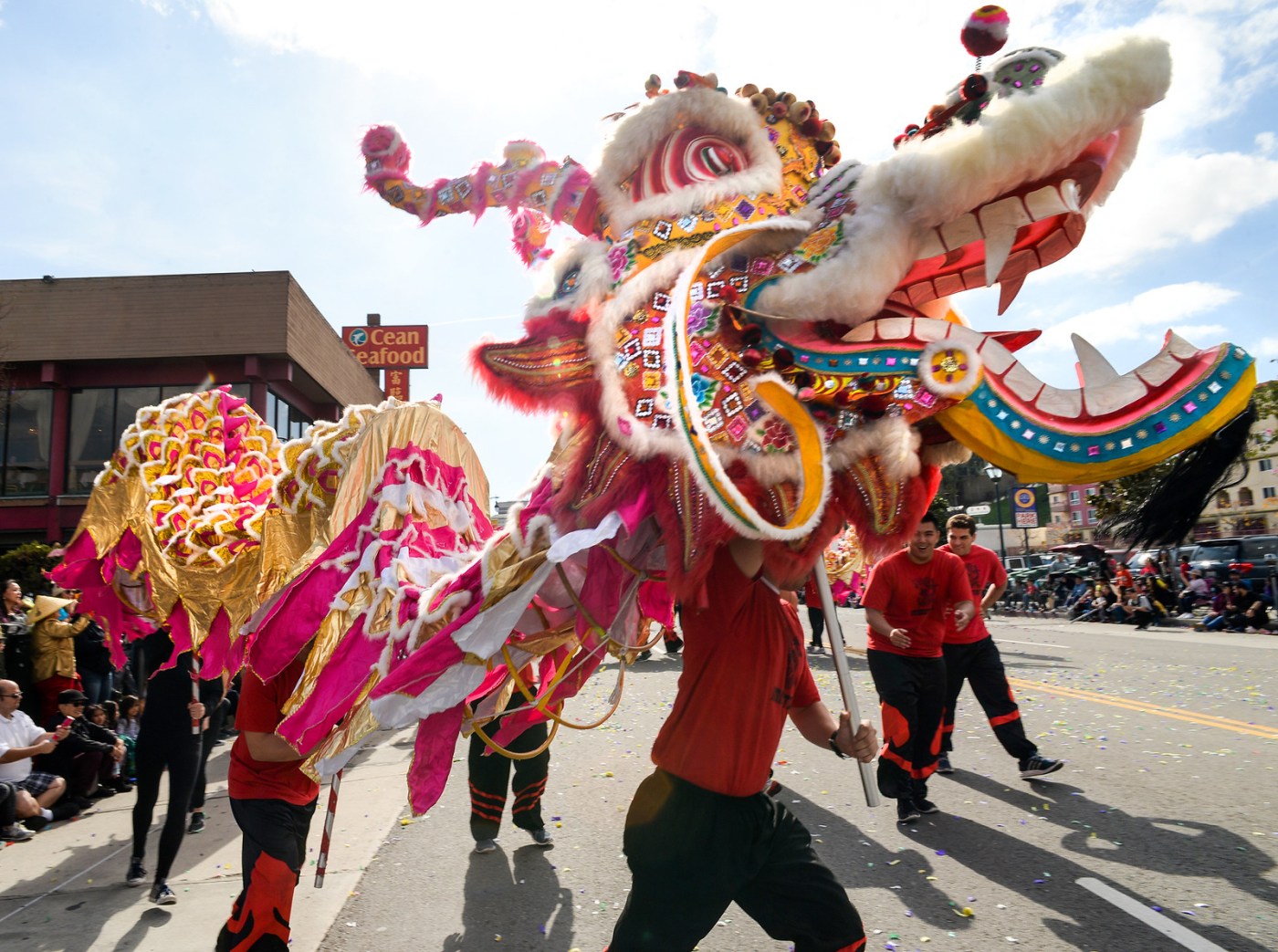
Your Lunar New Year questions, answered
Happy year of the dragon! Also known colloquially as Chinese New Year, the Lunar New Year is typically the biggest celebration of the year for Asian communities across the globe. Lunar New Year celebrations often feature exhilarating lion dances, fireworks and an abundance of food.
When is Lunar New Year?
This year, Lunar New Year falls on Saturday, Feb. 10. Unlike the western new year of Jan. 1, the date of the Lunar New Year changes annually because it falls on the first day of the first lunar month. The celebration lasts about two weeks.
Who celebrates Lunar New Year?
Lunar New Year is the biggest holiday in Chinese culture, which is why it is often referred to as Chinese New Year. Chinese communities, however, refer to it as the Spring Festival. The Vietnamese celebrate Tet, while Koreans call the holiday Seolleal, which means “New Year.” In Indonesia, the holiday is called Tahun Baru Imlek.
Recipe: This dish is great to celebrate Tet, even if you aren’t Vietnamese
Japan does not celebrate Lunar New Year; its government adopted a Western calendar in the 1860s.
2024 is the year of the dragon. What does this mean?
The dragon is the only mythological creature in the Chinese zodiac. People born in the year of the dragon are believed to be energetic, fearless and charismatic. One of the most famous people born in the year of the dragon is late martial arts star Bruce Lee. Before 2024, dragon years include 1940, 1952, 1964, 1976, 1988, 2000 and 2012.
America’s Test Kitchen Recipe: Red-Braised Pork Belly for Lunar New Year
What do you eat for Lunar New Year?
Food is one of the most important aspects of Lunar New Year, and one of the key features of the holiday is a big family reunion dinner. Certain dishes are highly symbolic of the hopes and expectations that people have for the coming year. Whole fish, chicken, pork and duck dishes symbolize prosperity to carry into the new year. Noodles are for long life, whole chicken is for keeping the family united, tangerines and oranges are for luck, sweets are for a sweet life, spring rolls are for wealth, and sweet rice balls mark the last day of the celebration, the Lantern Festival.
Disneyland reveals its 2024 Lunar New Year festival menu
What are some Lunar New Year traditions?
As with food, Lunar New Year traditions are highly symbolic. To start the new year off right, many families pay off debts and homes are cleaned from top to bottom. Lunar New Year is generally a secular holiday, but many families flock to their nearest temple to light incense and offer prayers and fruit to their ancestors. Red is a lucky color in Chinese culture, so money in red envelopes – lucky money – is handed out to children to wish them wealth and health in the new year. Fireworks and firecrackers are traditionally fired off to scare off evil spirits. Communities that celebrate Lunar New Year hold large street festivals and put on extensive parades that traditionally include lion or dragon dancers.
8 returning favorites at Disneyland’s Lunar New Year food festival


